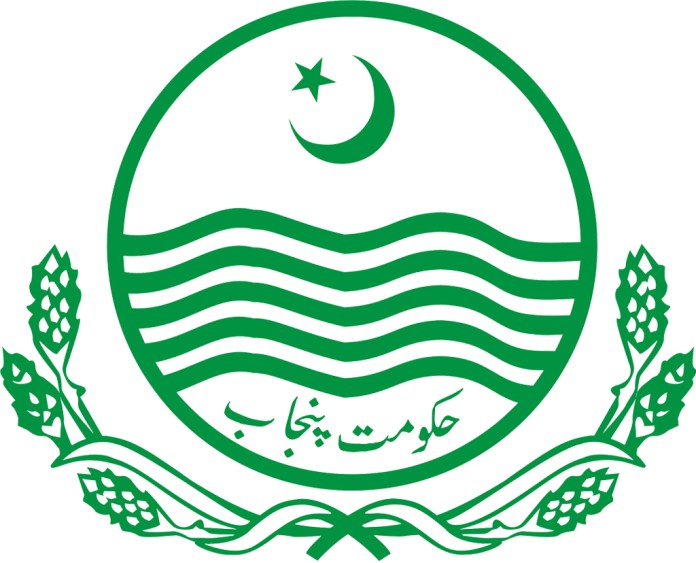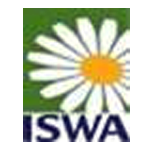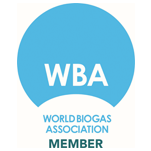The International Union for Conservation of Nature (IUCN) is a membership Union that provides with the vast knowledge and tools to its members in order to conserve nature. This union is open to all government, non-government, public and private organizations.
IUCN supports scientific research, manages field projects all over the world and bring governments, non-government organizations, United Nations agencies, companies and local communities together to develop and implement policies, laws and best practices.
Lahore Waste Management Company is striving to adopt modern techniques to collect and dispose-off the solid waste in an environment friendly and economically viable manner. This effort to bring the state of the art system made LWMC a success story, and enables it to be a part of such a dynamic and enormous forum of IUCN.
LWMC got IUCN membership on 23rd November’ 2017. This membership will help LWMC to have extensive networking opportunities and enables it to advance and strengthen its actions to have a sustainable future.
This membership opens the avenue for future partnership and contacts with union experts. It also allows LWMC to become a part of global and collective voice on all important issues related to municipal waste management sector. LWMC is looking forward to be benefited from IUCN forum for advancement in its actions and strategies for a successful Solid waste management system in Lahore and to become a model system for other cities as well as in all provinces of Pakistan.
ISWA – the International Solid Waste Association – is a global, independent and a non-profit making association in Austria, working in the public interest and is the only worldwide connotation promoting sustainable, comprehensive and professional waste management.
Lahore Waste Management Company also got the opportunity to become the member of ISWA and has owned ISWA’s Silver Membership in July’ 2016. ISWA facilitates its members to have an unparalleled access to international organizations such as UNEP, the WHO, or in Europe the EU and also allows to network with professionals, companies and institutional representatives. In other words, ISWA facilitates its members by linking with a network of experts and a hub of knowledge.
Benefits to LWMC by having silver membership of ISWA includes:
- To seek the advantage of this forum for capacity building.
- To be globally updated with international practices in Waste Management Sector.
- This forum allows us to hunt for the Experts opinion as well as to access the articles to have exposure to a great extent to waste management techniques and technologies.
- Another opportunity of a being a member of ISWA is to contribute in devising the waste management strategies by sharing experiences and opinions.
- As a member LWMC gets facilitation to avail the opportunity to participate in different international conferences and workshops being organized by ISWA.
The United Nations Environment Programme (UN Environment) is the leading global environmental authority that sets the global environmental agenda, promotes the coherent implementation of the environmental dimension of sustainable development within the United Nations system, and serves as an authoritative advocate for the global environment. Our mission is to provide leadership and encourage partnership in caring for the environment by inspiring, informing, and enabling nations and peoples to improve their quality of life without compromising that of future generations. Headquartered in Nairobi, Kenya, we work through our divisions as well as our regional, liaison and out-posted offices and a growing network of collaborating centres of excellence. We also host several environmental conventions, secretariats and inter-agency coordinating bodies. UN Environment is led by our Executive Director Erik Solheim and Deputy Executive Director Ibrahim Thiaw. We categorize our work into seven broad thematic areas: climate change, disasters and conflicts, ecosystem management, environmental governance, chemicals and waste, resource efficiency, and environment under review. In all of our work, we maintain our overarching commitment to sustainability.





